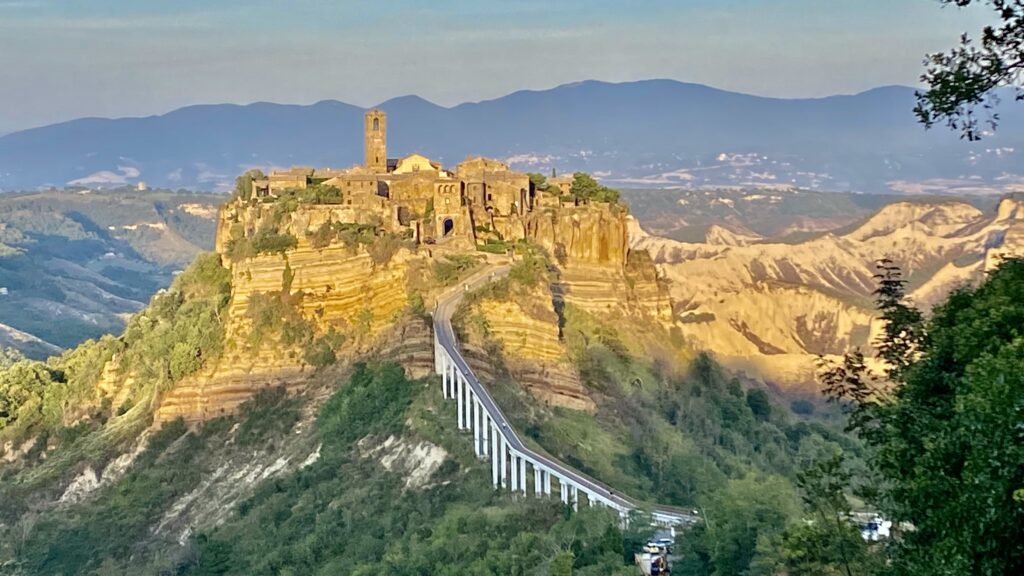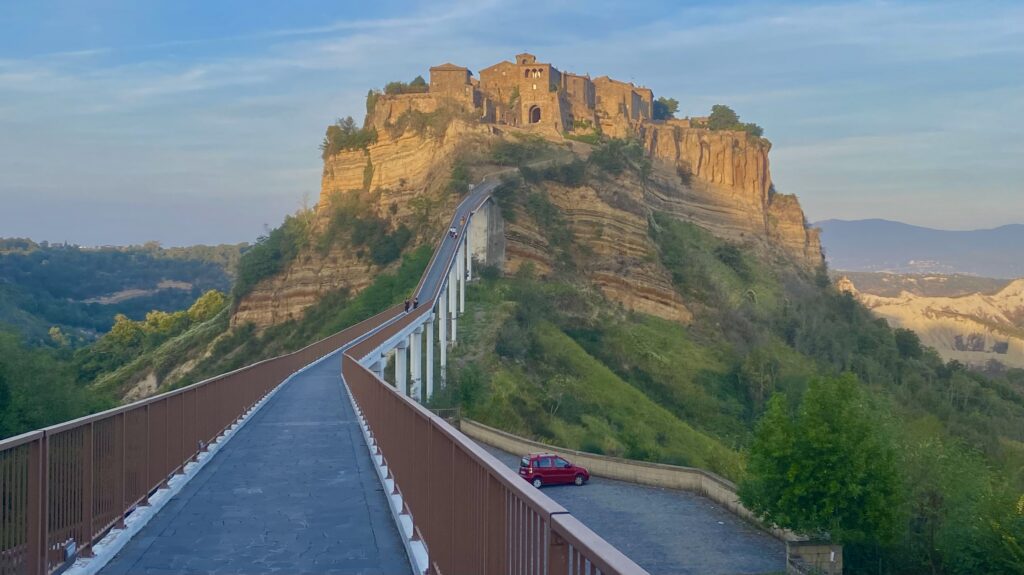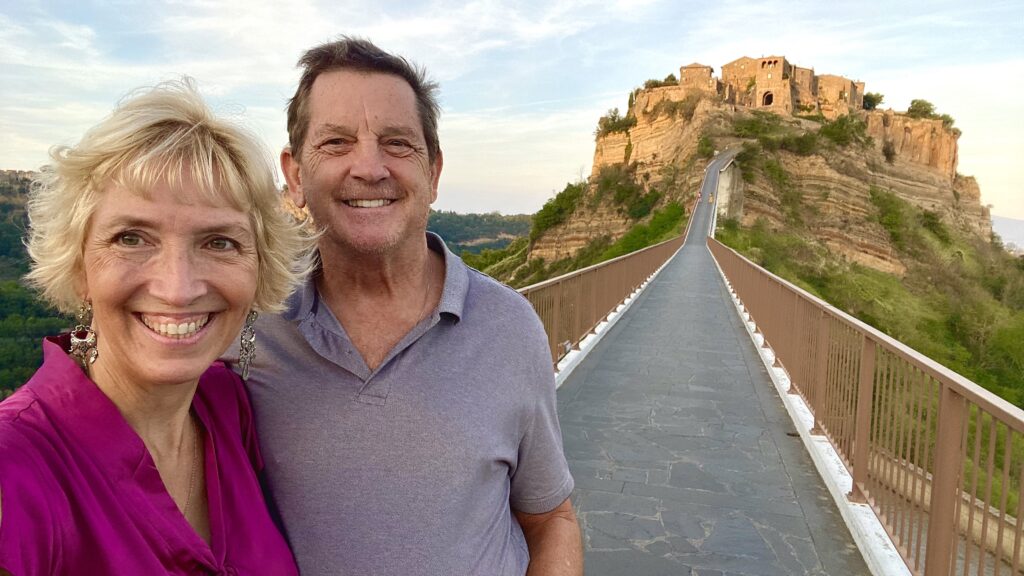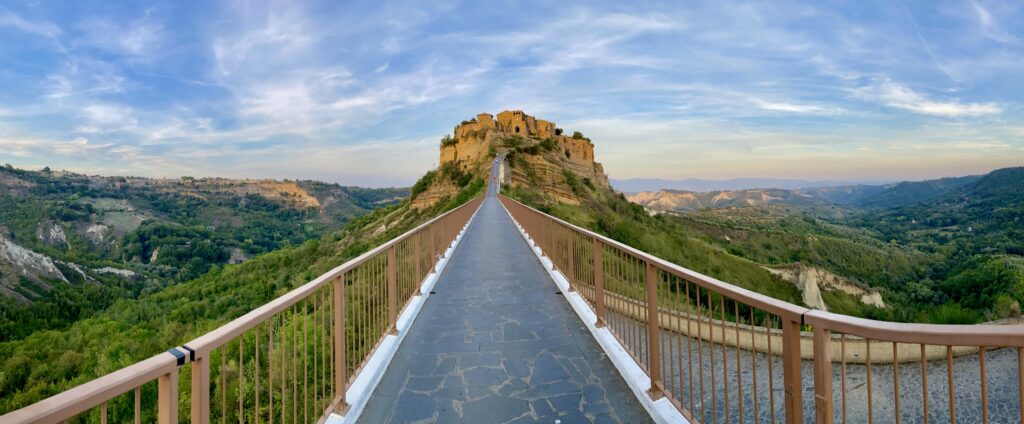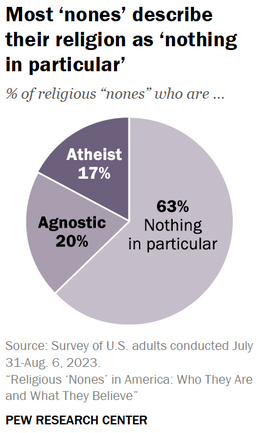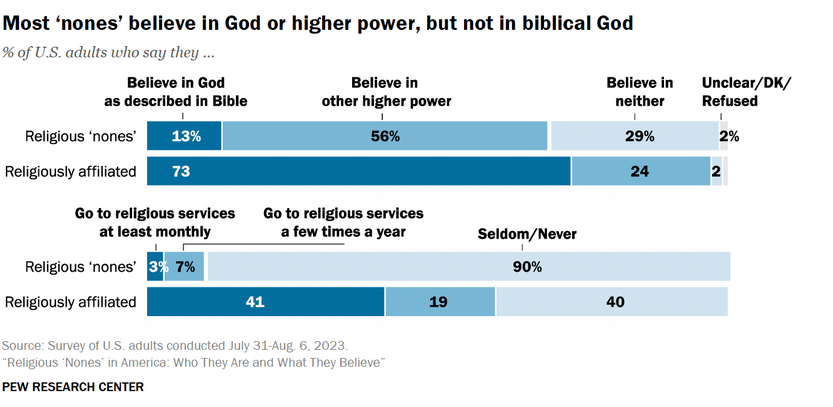When we’ve done everything – STAND
Therefore, put on the full armor of God, so that when the day of evil comes, you may be able to stand your ground, and after you have done everything, to stand. (Ephesians 6:13)
Over the past decade, our world has become decidedly darker. I don’t mean that in the literal sense, as the sun and moon continue to cycle in the same manner that they always have. I’m talking about morality, decency, and even liberty being under attack like never before in the history of humanity.
We’ve seen more than our share of wickedness permeate our society. Since same-sex marriage was legalized in in 2015, a Pandora’s box of evil and ungodliness was unleashed upon our nation. Sexuality has replaced the sanctity of life. Children are told that their gender is dependent upon how they feel rather than how God created them. Legislators, doctors, and even parents have endorsed and allowed minors to butcher their bodies without thought of their future psyches. “Pride” in sexuality is celebrated in the workplace. Our nation’s military touts gender diversity over strength and preparedness. Parents are labeled as domestic terrorists by our government’s highest agencies for daring to stand up to school boards pushing indoctrination, victimhood, and perversity on minors. Many church denominations now condone same-sex marriage and allow spiritual leaders to live in same-sex relationships openly. Over 63 million babies have been aborted in America since abortion became legal in 1973. Our nation – and, in fact, the world – can’t sink much lower in morality.
Even seemingly neutral subjects like sporting events have taken a decidedly deep dive over the past decade. In addition to the consistently outrageous mindset that transgender athletes – read that as men who identify as women – should be allowed to participate in and dominate women’s sports – we now have the organizers of this year’s Olympic games taking a pot-shot at Christianity in their opening event.
Gone is the parade of athletes formerly featured at the world’s Olympic games. Instead, this year’s Summer Olympics opening featured a disturbing recreation of Leonardo Da Vinci’s “The Last Supper.” In a live and profoundly irreverent interpretation of the same, the artistic director of the opening, Thomas Jolly, utilized Drag Queens in lingerie as the disciples, an obese woman in a low-cut, sequined garment sporting a halo, chains, and tattoos as Christ, and even more uncomfortably, a child seated at the table, surrounded by this debauchery. When I first read the headline announcing the same, I had to ask, “What on earth does poking fun at one of the most meaningful events in Christian history have to do with sports?” Seemingly nothing. But that didn’t matter to the event organizers.
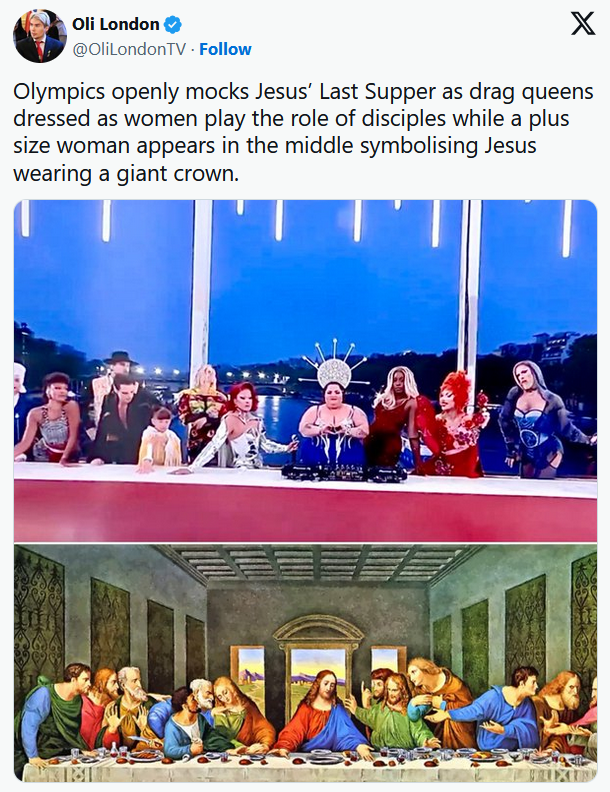
Advocates of this blasphemous display worked hard to defend it for two days – insisting that the tableau was not “The Last Supper” but rather an artistic interpretation of a festival of Dionysus. After all, the production also featured a blue-painted actor sprawled astride a lavish serving dish on the same table where the Drag Queens posed – seemingly depicting the Greek God.

As the outcry continued, organizers of Paris 2024 later admitted, “For the ‘Festivities’ segment, Thomas Jolly took inspiration from Leonardo Da Vinci’s famous painting to create the setting.” Jolly ultimately referred to his presentation as a celebration of “tolerance” – despite its blatant intolerance and mockery of Christianity.
So, what caused organizers to bow and apologize to anyone who saw this display as it was intended – as a degradation of our faith in a completely inappropriate venue? They could have maintained their tight-lipped stance regarding what some have declared a simple “parody” of a sacred event. As Paris 2024 explained, “[Jolly] is not the first artist to make a reference to what is a world-famous work of art. From Andy Warhol to ‘The Simpsons,’ many have done it before him.”
Was it the profound condemnation of the event that filled social media accounts over the weekend that caused the tables to turn? After all, many noteworthy leaders spoke out against the performance.
Elon Musk, the founder of Tesla and owner of X, wrote on his platform, “This was extremely disrespectful to Christians.”
Harrison Butker, the Kansas City Chiefs kicker who recently made headlines by standing for his faith at a college commencement ceremony, responded to the controversy by quoting scripture. “Be not deceived, God is not mocked. For what things a man shall sow, those also shall he reap. For he that soweth in his flesh, of the flesh also shall reap corruption. But he that soweth in the spirit, of the spirit shall reap life everlasting.’ Galatians 6:7-8.”
Radio host Clint Russell observed, “There are 2.4 billion Christians on earth and apparently the Olympics wanted to declare loudly to all of them, right out of the gate NOT WELCOME.”
House Speaker Mike Johnson wrote on X, “The war on our faith and traditional values knows no bounds today. But we know that truth and virtue will always prevail.” Johnson, like many others, backed his statement by quoting scripture: “The light shines in the darkness, and the darkness has not overcome it.” (John 1:5)
Italy’s Deputy Prime Minister Matteo Salvini also issued a statement that read, “Opening the Olympics by insulting billions of Christians around the world was a really bad start, dear French.”
Despite this outrage, it wasn’t until advertisers like TN-based tech company C Spire used their wallets to pull event advertisements that organizers suddenly seemed to care about the controversy. As C Spire posted on X, “We were shocked by the mockery of the Last Supper during the opening ceremonies of the Paris Olympics. C Spire will be pulling our advertising…”
Twenty-four hours later, Paris 24 organizers half-heartedly apologized by saying, “Clearly, there was never an intention to show disrespect towards any religious group or belief.” When money is involved, everyone listens.
Events such as this will hardly end after this controversy. The world will remain dark and continue to manipulate whatever it can to gain attention, satisfy powerful perversions, and mock the light of the world – Jesus Christ.
The question is, how publicly are we willing to stand up for our faith? Will we do so even when others stand against us? Will we speak the truth to a lost world, even when threatened with hate speech, fear-mongering, and public ridicule? How many of us are ready to take a stand when the prince of this world – the devil himself – wants us to fall?
I’m committed to staying plugged into the Word of Christ – one of the surest ways to remain strong in the faith. David and I are vigilant in reading scripture together every night. We know that things aren’t getting better for Christians in the world. In fact, the fires will assuredly become hotter and more hostile towards anyone who proclaims the name of Jesus in the future.
That’s why it’s more important than ever to put on the armor of the Lord. Without it, we, as Christians, can never “take up the shield of faith, with which [we] can extinguish all the flaming arrows of the evil one.” (Ephesians 6:16)
The battle is only beginning. Gird up your loins and prepare. If we intend to bring God’s light into a blindingly dark world, we must stay attached to its source – Jesus Christ.
If we do, no matter what happens, even after we’ve done everything, we will still stand. (Ephesians 6:13)
